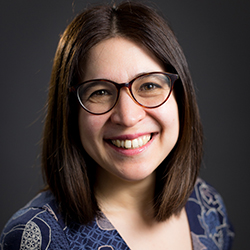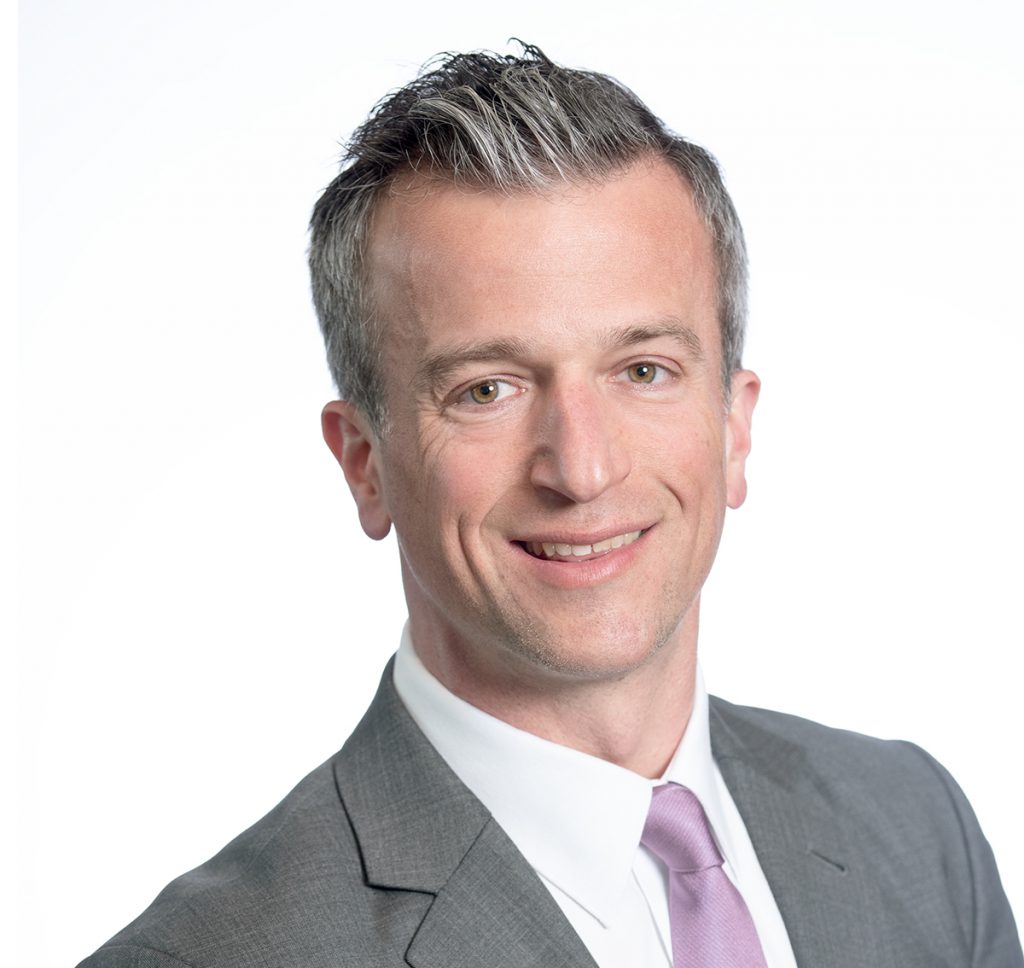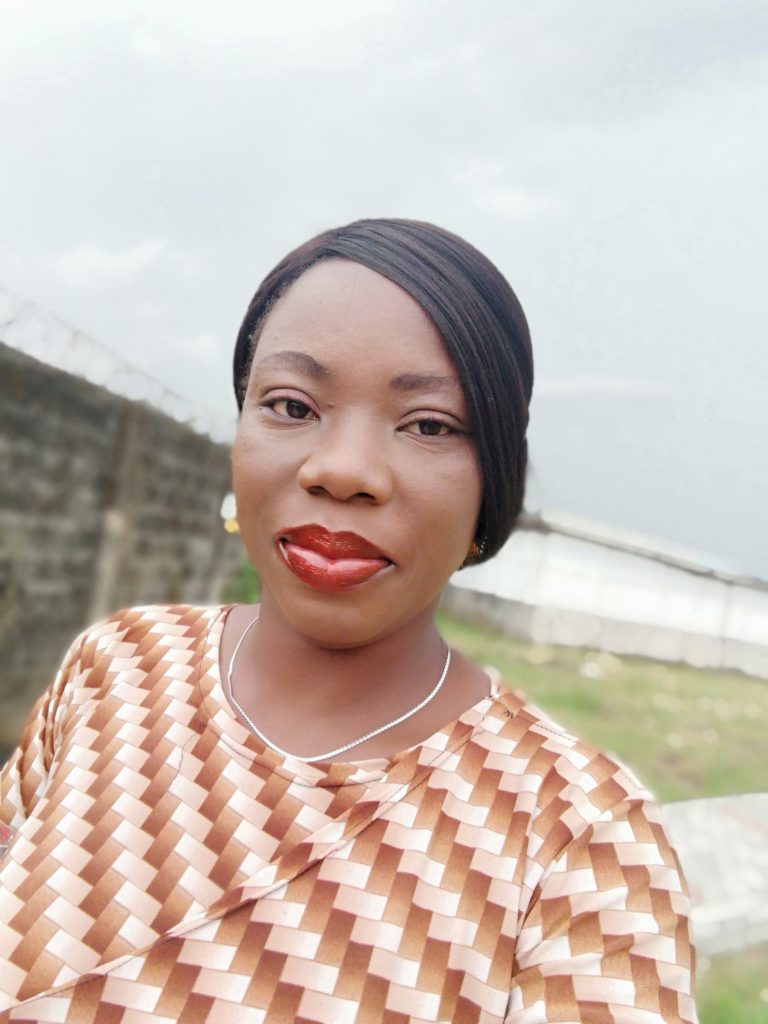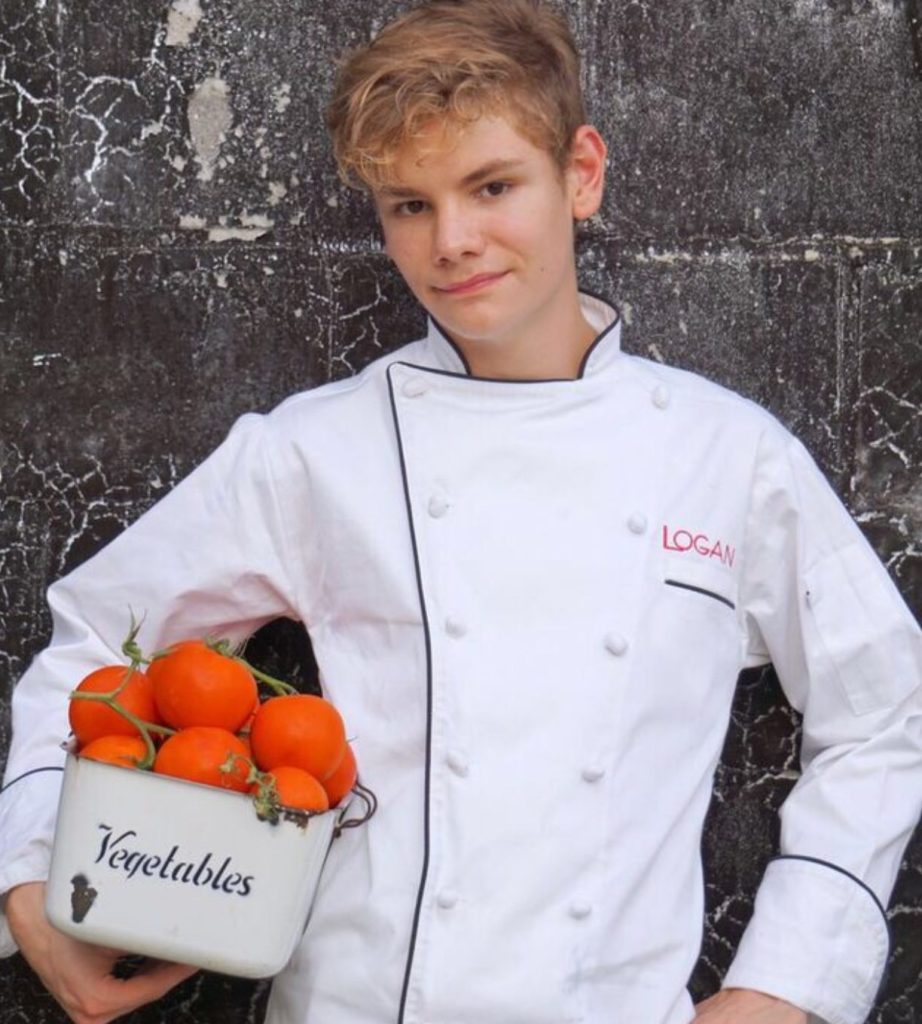Wasseem Emam Q&A, Ethical Seafood Research & Aquatic Life Institute
Note: The Global Seafood Alliance spotlights various members dedicated to GSA’s mission of responsible seafood. Membership starts at only $50 for individuals and $5,000 for businesses. Start utilizing our extensive benefits. Featured this month is Wasseem Emam of Ethical Seafood Research and Aquatic Life Institute.
Tell us about your background – what was a pivotal moment in your life that helped you decide on your career path?
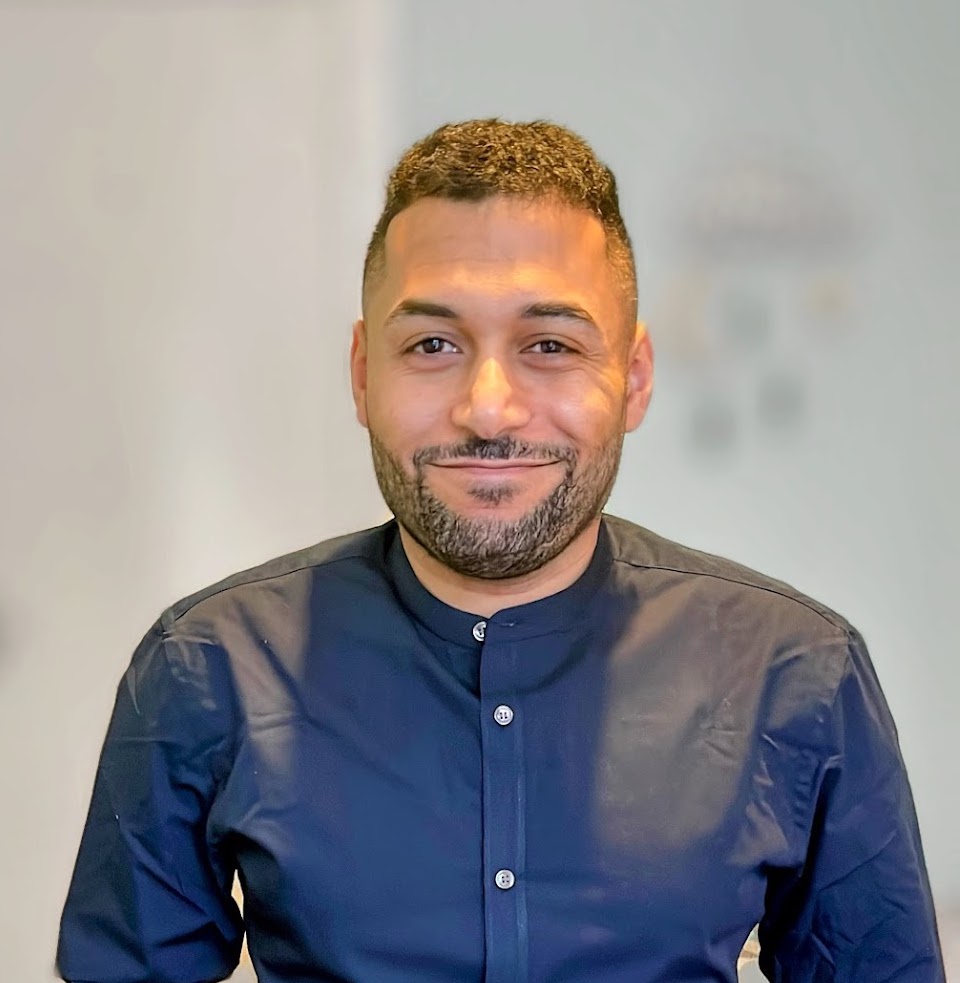
I am an Egyptian-Canadian researcher and freelance consultant based in Glasgow with over 13 years of varied international experience across the fisheries and aquaculture sector. An ecologist by trade, I am now somewhat specialised in fish welfare after focusing my doctoral studies on the welfare of farmed Nile tilapia in Egypt. Given my joint interests in both fisheries and aquaculture, I set up my own consultancy at the start of the pandemic focused on the common thread of ethical seafood production. This was a natural follow on from previous consulting work I had been carrying out for clients such as the FAO, the European Parliament’s Fisheries Committee (PECH), WorldFish, the Aquaculture Stewardship Council and the Marine Conservation Society UK.
The pivotal moment that led me to work with fish was a work placement during my undergraduate studies in Toronto where I worked with the Ministry of the Environment on a biomonitoring program aimed at testing safe levels of fish that can be eaten by the public. Working on boats to sample fish and analyse their fillets in the lab made me realise just how vulnerable fish are to their environment and how much they stood to suffer from anthropogenic impacts. I knew then that I wanted to focus my efforts on conserving the aquatic environment.
What would you recommend for students wanting to pursue a similar career?
First of all, ask yourself what really gets you going. If you’re a fish biologist like myself, try to choose from early on which ‘stream’ (pun intended) of fish/aquatic biology you want to go in and ask yourself both what contribution you want to make and what sacrifices you are comfortable with. If you want to work in conservation, are you prepared to diversify given the scarcity of jobs? If you want to work in industry, do you accept that your values may not always align with those of your employer? In the case of research and academia, are you comfortable with long periods of time in the field that are not commensurate with pay? I’d also recommend trialing those roles you really think you want because most jobs don’t end up being as glamorous when you’re in them.
Why did you join GSA?
One of the projects I am currently working on for the Aquatic Life Institute is related to animal welfare in wild capture fisheries and how to get the conversation going around the links between fish welfare and ‘product’ quality. As part of our landscape analysis for this project, we got involved in discussions on inclusion of animal welfare in the GSA’s Best Seafood Practices standard. When we asked how we can play a more substantial role in shaping future iterations of the standard, we were advised to become members of the GSA. When I looked into it, I realised it was a no-brainer since it was a community of like-minded professionals working towards the same goal. GSA membership basically meant a seat at the table with passionate fellow seafood advocates that don’t shy away from the challenges faced by the seafood sector and instead look tirelessly for solutions.
What about responsible seafood motivates you most?
I like the fact that you have options and that with a bit of creativity, you can come up with a range of sustainable solutions. Moreover, in comparison with the seemingly insurmountable challenges posed by gargantuan issues such as climate change, the sustainability issues faced by the seafood sector feel more straightforward to conceptualise and rally support around. I am particularly driven by the existence of synergies between varied stakeholder interests which means that responsible seafood is more than just a pipe dream. Those moments when you find win-win solutions for industry and environmental groups are pure gold.
Where is the most interesting place you’ve traveled to?
Costa Rica was the perfect mix of adventure, culture, nature, good food and good people. I had the most memorable trip there right out of university where I remember just being blown away by the country’s natural beauty. From climbing dormant volcanoes one day to hiking through luscious rainforests the next with lots of incredible diving trips in between, it was just the perfect destination for anyone into the outdoors.

